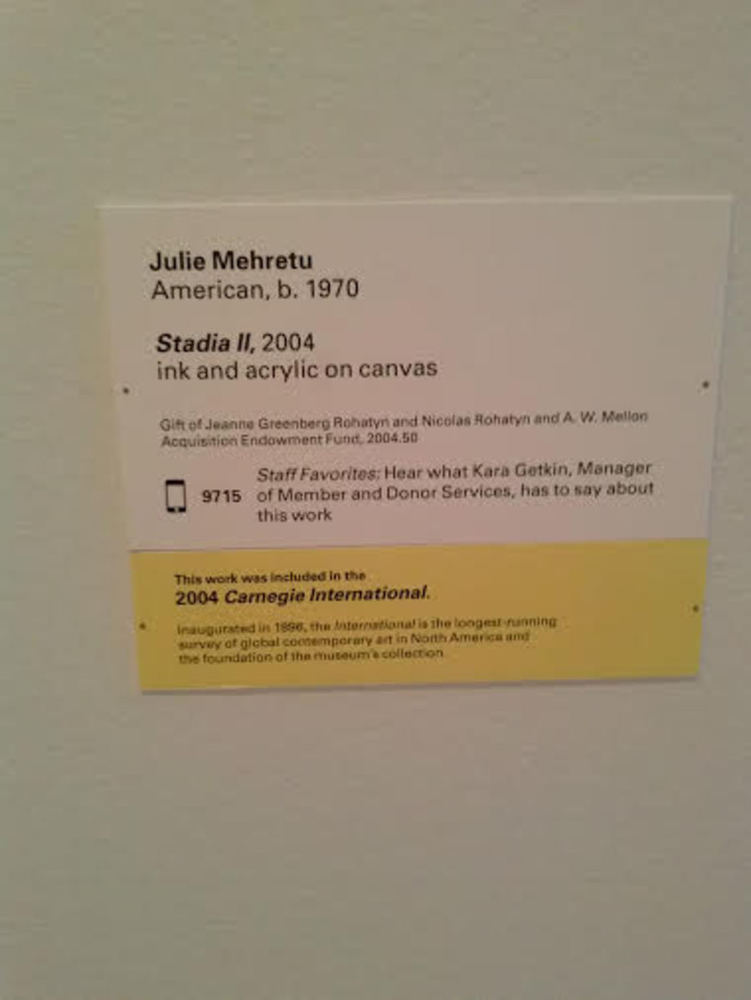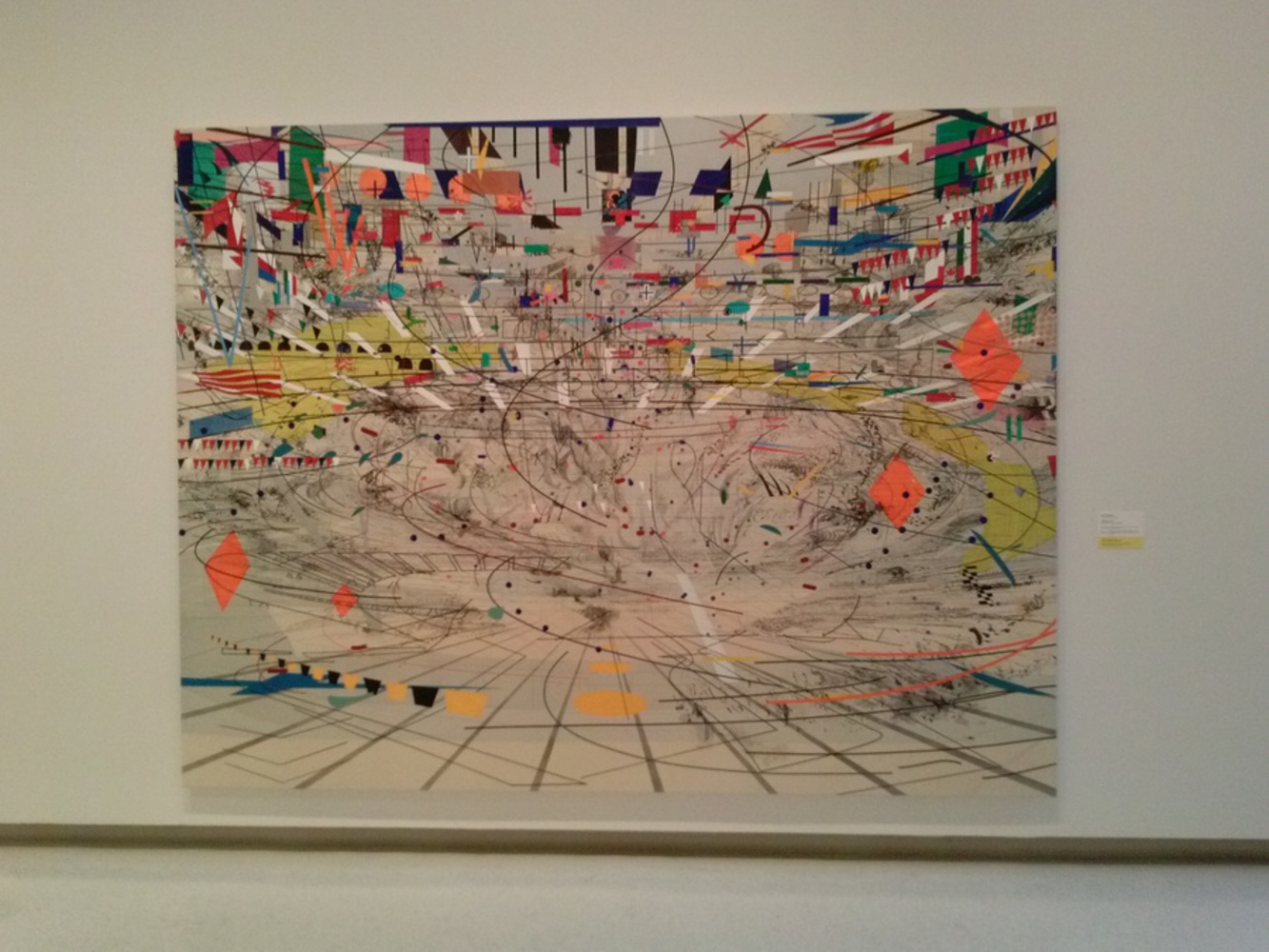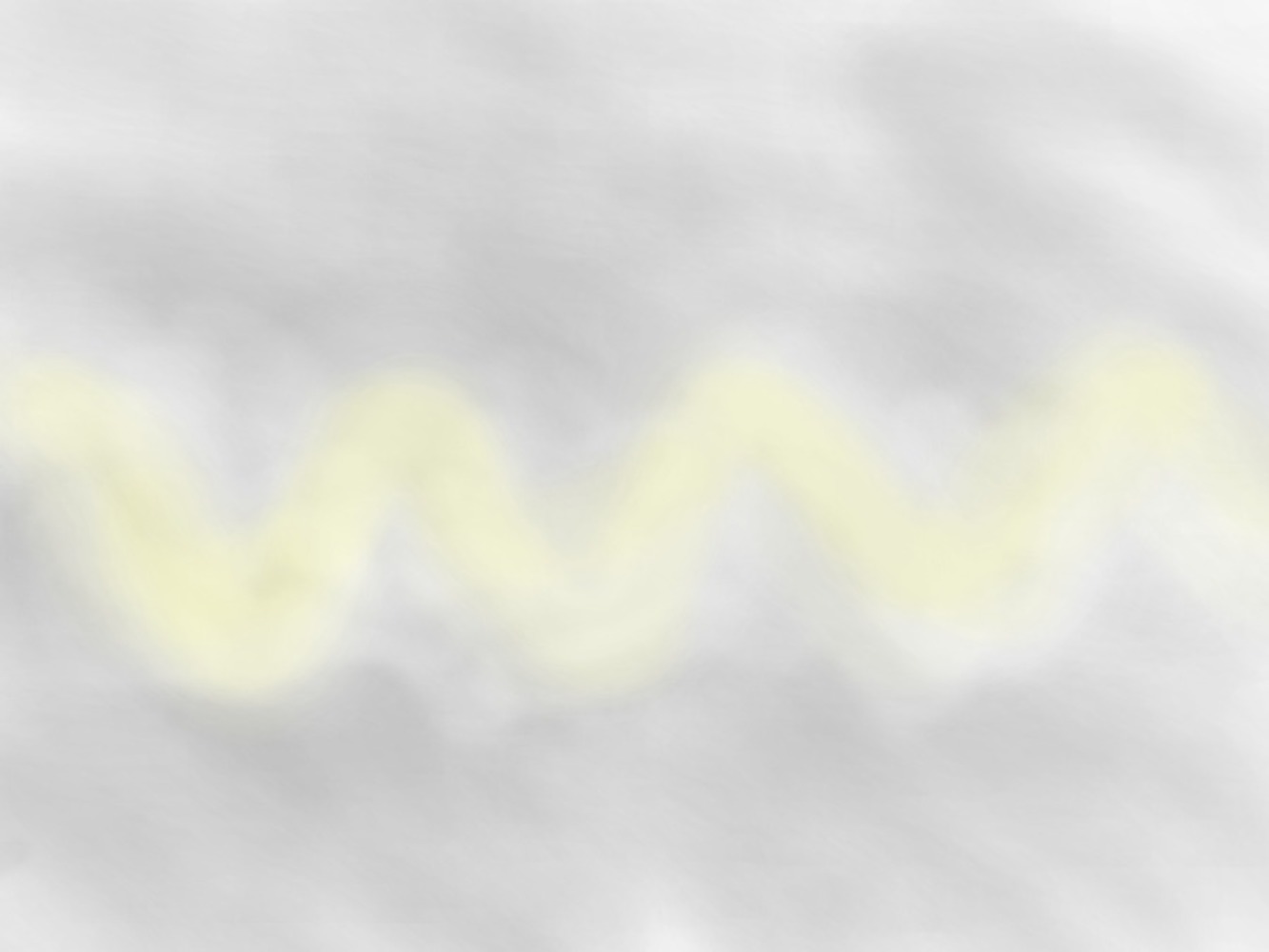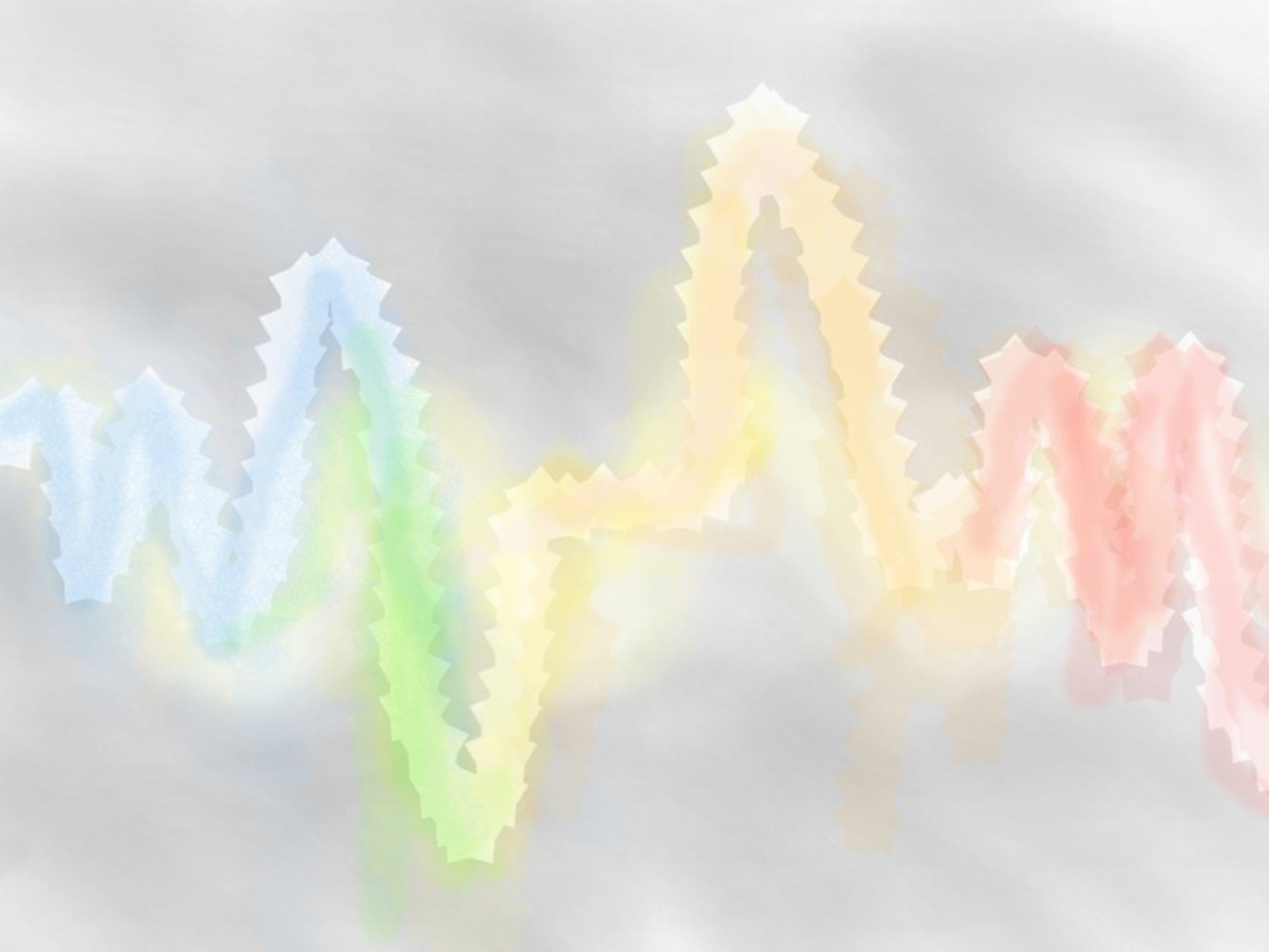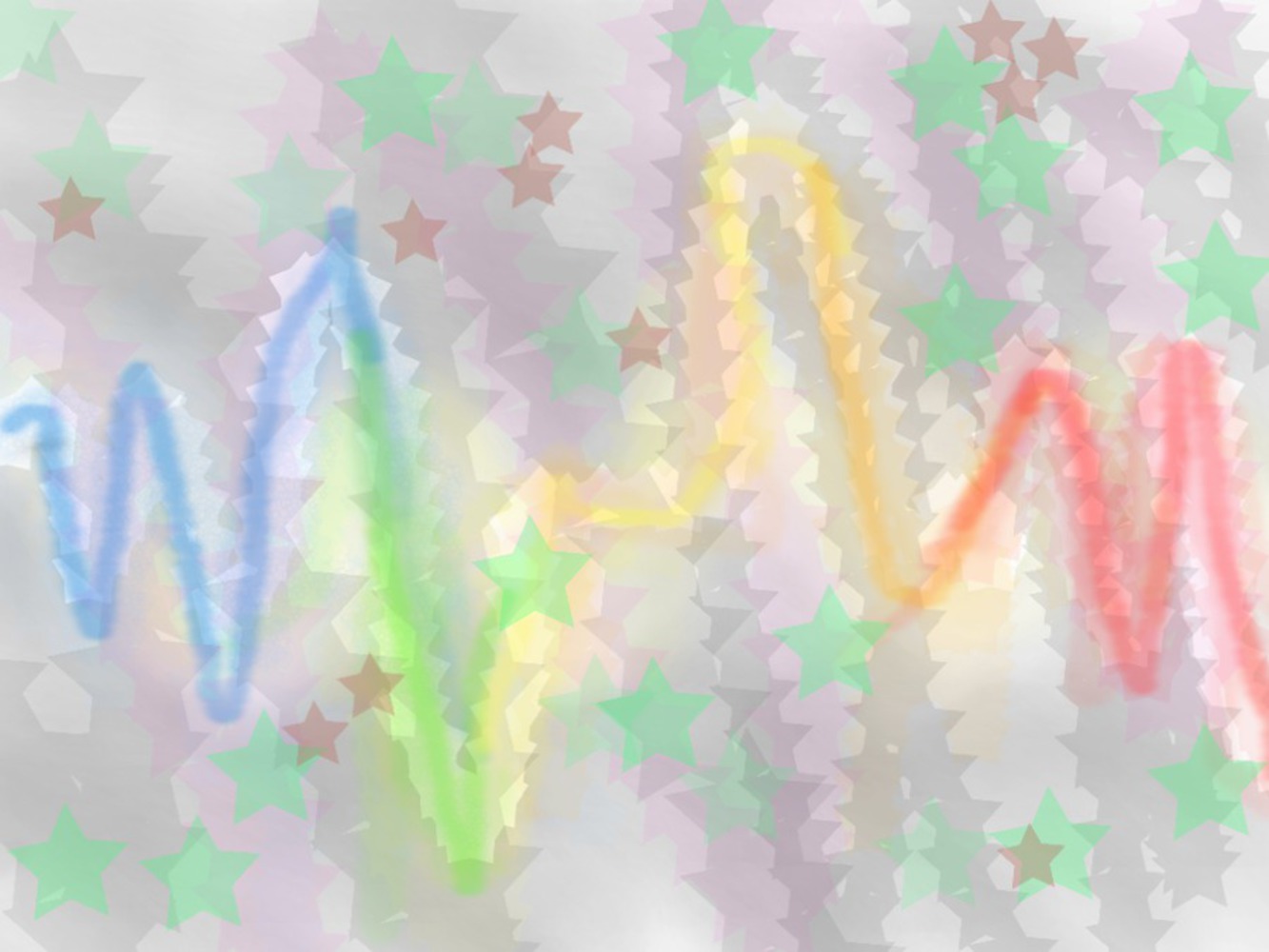Work -
At the Carnegie Museum of Art, I was walking through the contemporary art section, and then I saw the above painting, named Stadia II. American artist, Julie Mehretu, created the painting in 2004. I found this painting compelling for its attention to detail. It give me the impression that the painting was carefully thought out, a feeling that I did not get as much from many of the other contemporary paintings I had seen. From looking at the wide scale of the painting, I can only imagine the much time and effort Mehretu had put into the piece. I am also drawn by the sheer complexity of the painting, which had drawn me into looking at this painting closely.
